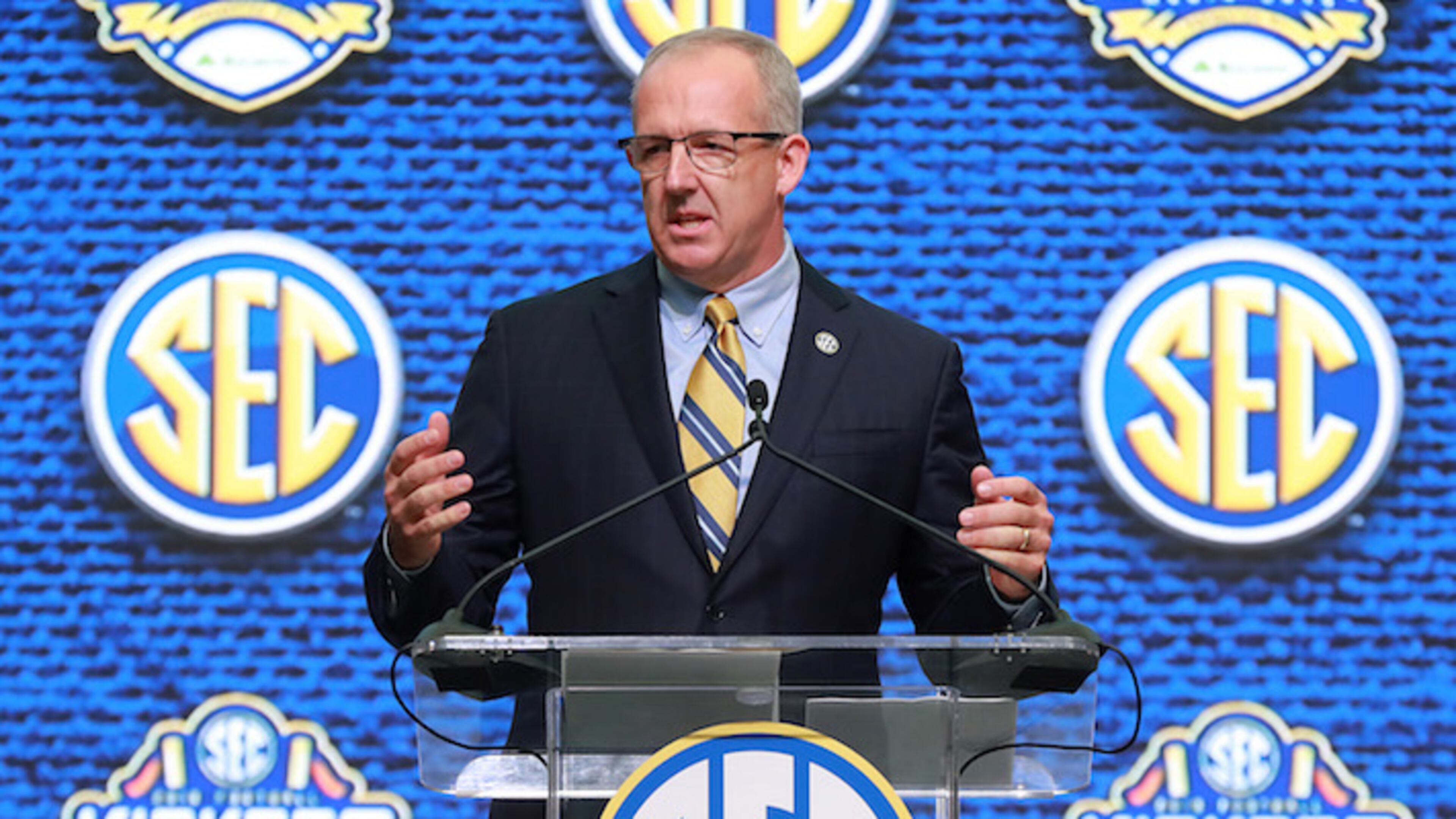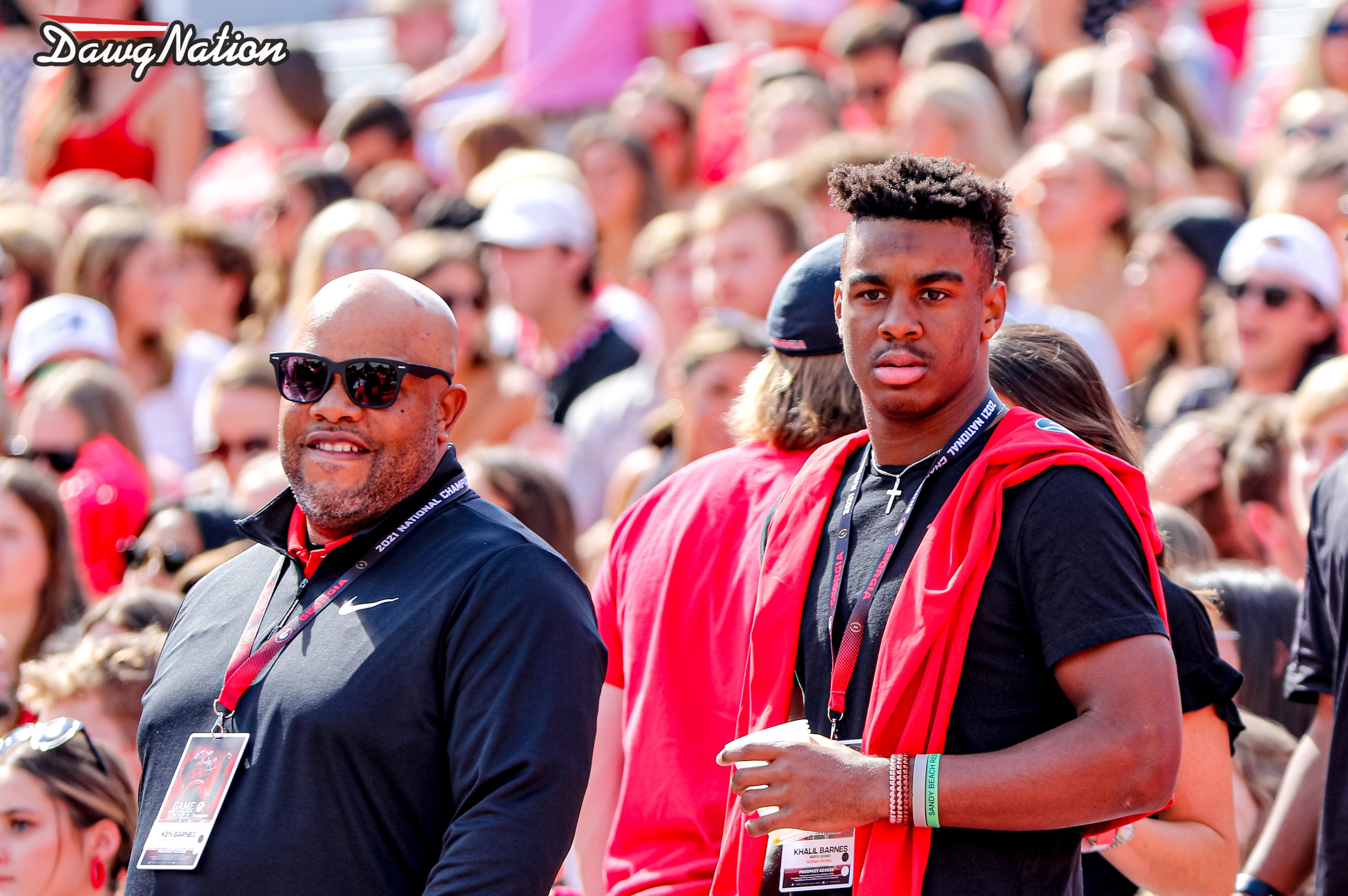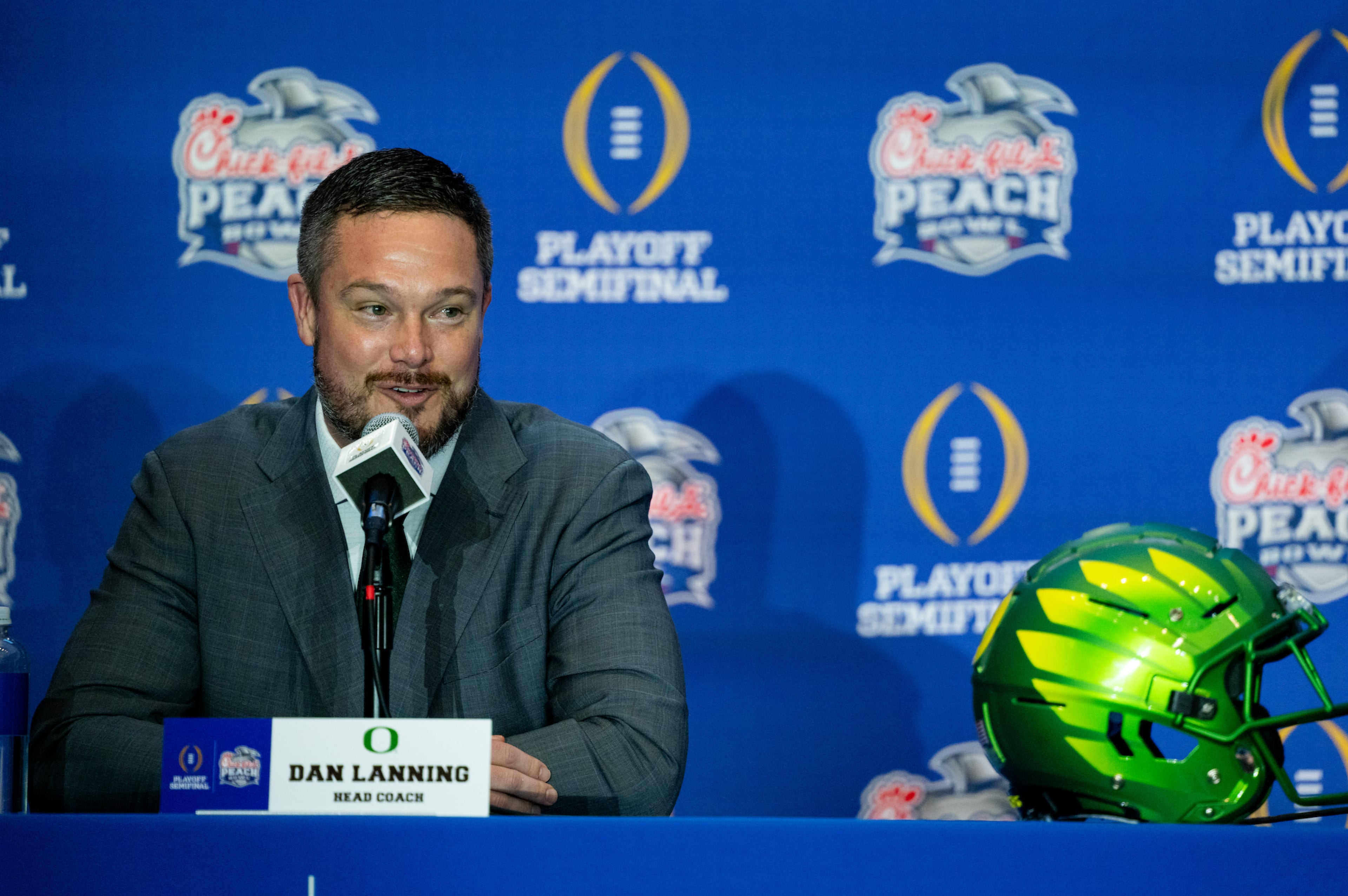SEC meetings expected to be monumental as schedule decision looms

DESTIN, Fla. – Nobody seems to be 100 percent sure, but SEC associate commissioner Mark Womack believes the SEC spring meetings have been conducted here on Florida’s Emerald Coast since 1985. Tony Barnhart, formerly a long-time reporter for the Atlanta Journal-Constitution, has been coming since 1989.
“It didn’t have all that much structure to it then,” said Barnhart, now retired and writing occasional columns online for TMG Sports. “Then, again, there weren’t that many writers that went down there in those days. But it was always a great place to hang out and talk to the coaches and ADs. I haven’t missed many.”
And he’s not missing this one.
A lot of big decisions have been made as the league’s presidents, athletic directors and coaches meet annually in separate conference rooms here at the Hilton Sandestin Beach Resort. Few, though, have been as monumental as the ones expected to be made this week.
Well, hopefully.
On the table for voting is what scheduling model the conference is going to use in the newly-expanded, 16-team SEC. Oklahoma and Texas, who will have representation here this week, officially join in 2024. The discussion over what the football schedule should look like when they do is a subject that has been vigorously debated for 22 months now.
“I am ready for it to be done,” UGA President Jere Morehead said. “We’ve talked about it and talked about it. I’m not sure it will get completed. We’ll see. There’s just a lot of dynamics still playing around on that issue.”
The question is whether to adopt a nine-game conference schedule or stick with eight games, as they’ve done since the 1990s. The nine-game model, known as “3-6,” would include three permanent opponents that play every year, then schools would rotate through the rest of the SEC teams six per year. As for eight games, a “1-7″ model has been proposed. Playing one permanent rival annually, it achieves the SEC’s other restructuring goal, which is for teams to play every other conference member home-and-away over a four-year period.
That needs to get resolved this week, though it is not guaranteed it will.
“I don’t have a lot of angst that we have to decide,” commissioner Greg Sankey said Monday evening at the Sandestin Hilton. “I’d prefer to not continue to circle the airport with the airplane. I’d prefer to land it.”
To do that, Sankey needs to get a majority 8-6 vote from the 14 member schools. Texas and Oklahoma will have its representatives in every meeting all week, but they will not have a vote until they’re officially admitted to the SEC next year.
“This is probably as monumental a decision as they’ve made since the first expansion offering South Carolina and Arkansas to come in (in 1990),” Barnhart said. “That was as impactful of a decision as you’re ever going to have. Not only did you add two teams then, but you also created divisions and created an SEC Championship game and all that stuff that flowed from it.
“I think this is on par with that in terms of what it would mean to the conference.”
At the center of the debate is a fundamental battle of “The Haves” versus “The Have Nots.” The Haves, which include the likes of back-to-back national football champion Georgia, Alabama, Florida and LSU, favor the nine-game model. The Have-Nots consist of those schools that perennially have occupied the bottom few positions in the SEC’s Eastern and Western conferences over the last decade or so. They prefer sticking with eight games. Their rationale is that more SEC games will equal more losses and further jeopardize their postseason opportunities.
Hovering over all of this is the SEC’s new television agreement with ABC/ESPN. The league brokered a new deal with ABC/ESPN in 2020 worth a reported $3 billion over 10 years. But that was before Oklahoma and Texas came onto the scene and was based on eight football games a year, not nine.
Morehead, who has also served as SEC president for the last two years, expounded on it at Georgia’s athletic board meeting last week.
“There’s just a lot of dynamics still playing around on that issue,” Morehead said. “I may be saying more than commissioner Sankey would want me to say but, obviously, if you go to a nine-game schedule, you have to be compensated for going to a nine-game schedule. There’s still some dynamics that have to play out with our media partners.”
Of course, there is so much more to be resolved during the four-day conference, which will culminate with a news conference with Sankey on Friday afternoon. Such as:
- With football divisions going away, a sophisticated tiebreaker system to decide the top two teams to face off in a championship game will have to be determined.
- This is not just about football. There are 14 other sports that must format schedules and determine championship criteria.
- There is discussion of the league intensifying its “celebration penalty.” Hundreds of thousands in fines have not led to schools making sure fans don’t rush the competition area after games. Taking away a home game from offenders is among the resolutions being discussed.
- With gambling now legalized in 38 states and a bet-on-team scandal having already befallen one conference team (Alabama baseball), sports wagering is expected to be a big item of discussion.
- The SEC’s revenue distribution is always announced here. School takes are expected to approach $50 million each this year.
- There certainly will be deep-dive discussions about the newly-adopted 12-team College Football Playoff and its ramifications therein.
- NIL and its enormous impact on college athletics and recruiting definitely will come up.
A myriad of other issues will be discussed and proposals will be made. Some will be voted on; others will not. The coaches and ADs will forward their recommendations to the commissioner and the presidents, who will make the final decisions via vote.
News will be made. Perhaps a little history, too.
The drama has kept Barnhart coming back for more than three decades. He has seen this annual meeting grow from one in which a reporter might stroll up to a resident coaching legend for a one-on-one in a hotel coffee shop to rigidly-scheduled press conferences and coaches and administrators espousing from camera-lit lecterns.
But it’s the football schedule that will be the center of attention this week.
“This 8 versus 9 discussion has been fascinating to watch,” Barnhart said. “I mean, this decision needs to get made whatever way it’s going to go. You cannot go into the 2023 season and not have 2024 taken care of. They may not make a decision but, if they don’t, it’ll have to be not long after that.”



